First, I’d like to say that my heart goes out to Ukraine and I stand with you.
Now for the 202nd Carnival…
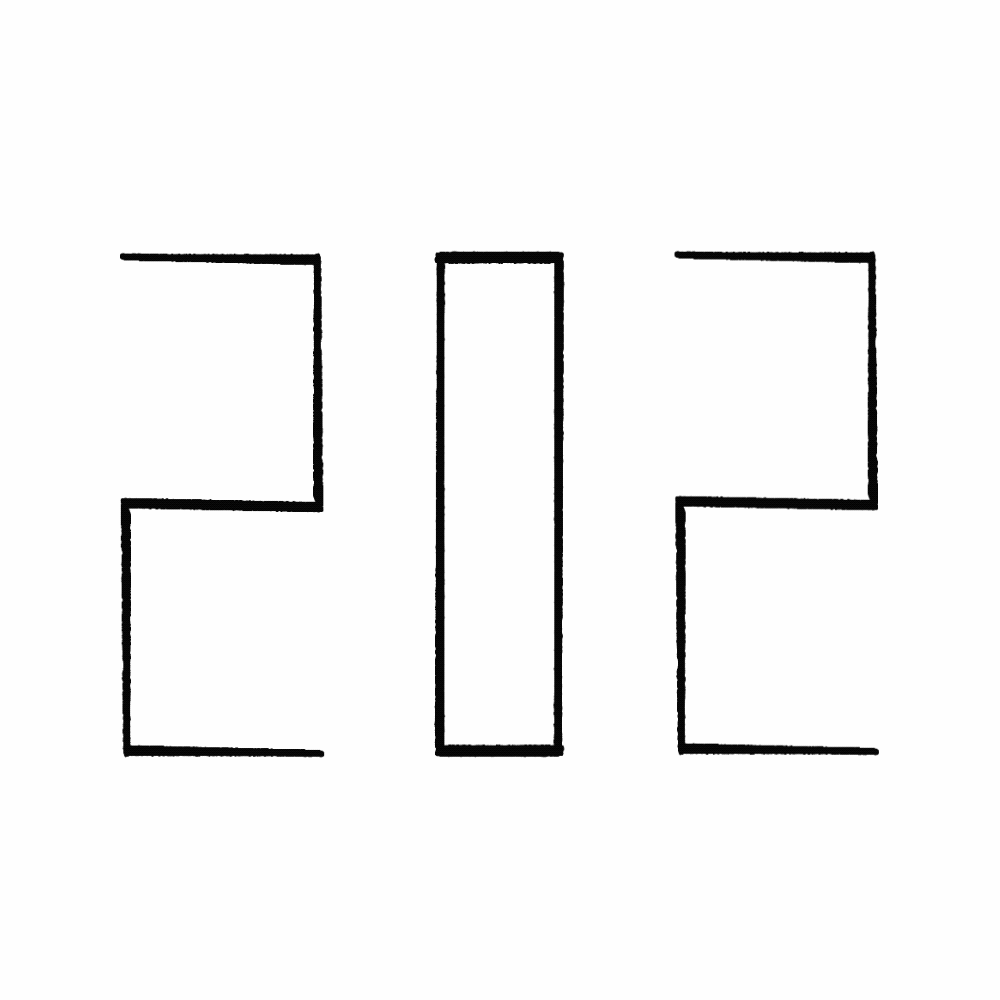
This is my second time hosting the Aperiodical Carnival of Mathematics. The Carnival is a round of math blogging that shares various articles, posts, videos, and more. Last month was hosted by Ganit Charcha and next month will be hosted by Ben with Math Off the Grid.
Let’s start with the Carnival tradition of looking at the number – 202. This is a strobogrammatic number as demonstrated in the GIF to the left where you can rotate the number by 180 degrees and see the same number. 202 is a composite number consisting of the prime factors of 2 and 101 (which are also strobogrammatic). These prime factors when added equal 4, just as the digits of 202 equal 4; this makes 202 a Hoax Number. It is also a Smith Number, Squarefree semiprime, and a palindrome. Check out https://oeis.org/ if you are curious about 202 or any number.
The International Congress of Mathematicians (ICM) in July 2022 will be held online and for free.
Mathematically Gifted and Black featured inspirational Black Mathematicians this month. This website highlights the contributions and lives of mathematicians every February. They are also on Twitter.
Desmos announce the 2021 Art Contest Winners. I spent days going through the beautiful and complex works of art. Make sure you bookmark this and savor the creativity here. There are beautiful silent films, mazes, games, and more – just wonderful!
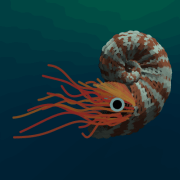
Matt Parker did an amazingly fun video for 2/22/22 this month that brought together mathematicians to share fun facts and deep thoughts about two-ey ideas.
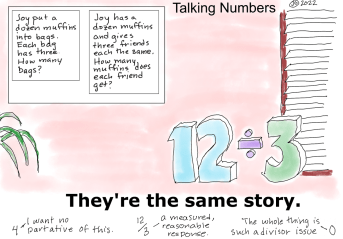
A book was submitted called Computational Discovery on Jupyter that uses Python to explore a wide range of mathematical concepts. This has some wonderful resources for integrating code and math to encourage inquiry and active learning in classrooms.
Karen Campe’s Blog called Reflections and Tangents had two posts submitted this month. The first is on understanding zeros in fractions and slopes that offers multiple ways to visualize and work with students to understand division with zero. The second post, I ❤️ Candy Math!, is a fun look at exponential growth and decay with Valentine’s Day Candies.
The Steven Strogatz Prize is open for Submissions from high school students until April 27, 2022.
And on Math Twitter:
Quanta Magazine: An Ancient Geometry Problem Falls to New Mathematical Techniques
Jay’s blog had a post submitted asking Why Isn’t There a Replication Crisis in Math?
Ganit Charcha submitted a math card trick that may be of interest in classrooms.
HypercubicPeg had a lovely video submitted from the 2019 Bridges Math Art Short Film Festival. I know it’s not recent, but it’s worth a mention.
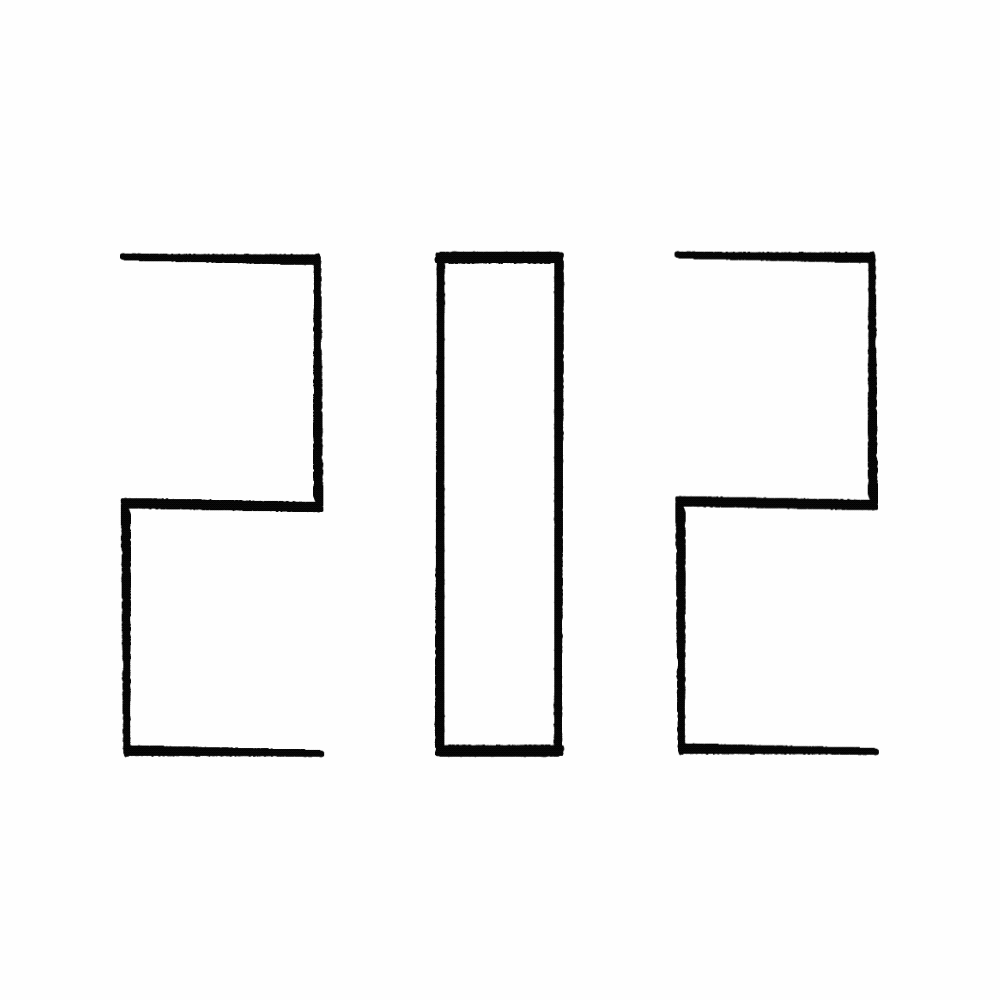

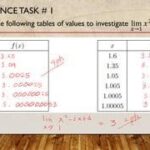


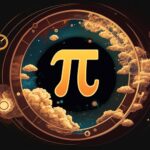
![Erratum for “An inverse theorem for the Gowers U^s+1[N]-norm”](https://azmath.info/wp-content/uploads/2024/07/2211-erratum-for-an-inverse-theorem-for-the-gowers-us1n-norm-150x150.jpg)

